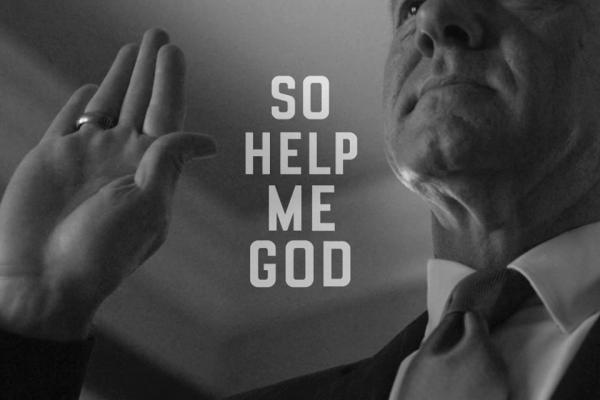"Did you think I’d forgotten you? Perhaps you hoped I had. Don’t waste a breath mourning ... For those of us climbing to the top of the food chain there can be no mercy. There is but one rule. Hunt or be hunted." - Francis Underwood
So ends the Shakespearean soliloquy at the end of the first episode of House of Card's highly anticipated second season.
Underwood lives by a very clear code of ethics: Get to the top and do whatever is necessary to achieve that goal. For him, the end always justifies the means. And so, although it certainly made me wince to see what happens in Season 2's opening episode, I was left in awe at the show’s brutal honesty of what a life purely committed to power potentially looks like.
Some scenes perhaps strike us viewers as far from reality (Washington can't really be that bad, can it?!?), but other vignettes are far more plausible. Consider Underwood’s commendation of a congresswoman for making the cold, calculated decision to “do what needed to be done” by wiping out entire villages with missile strikes.
Her “ruthless pragmatism” merely makes Underwood smirk.
Read the Full Article

